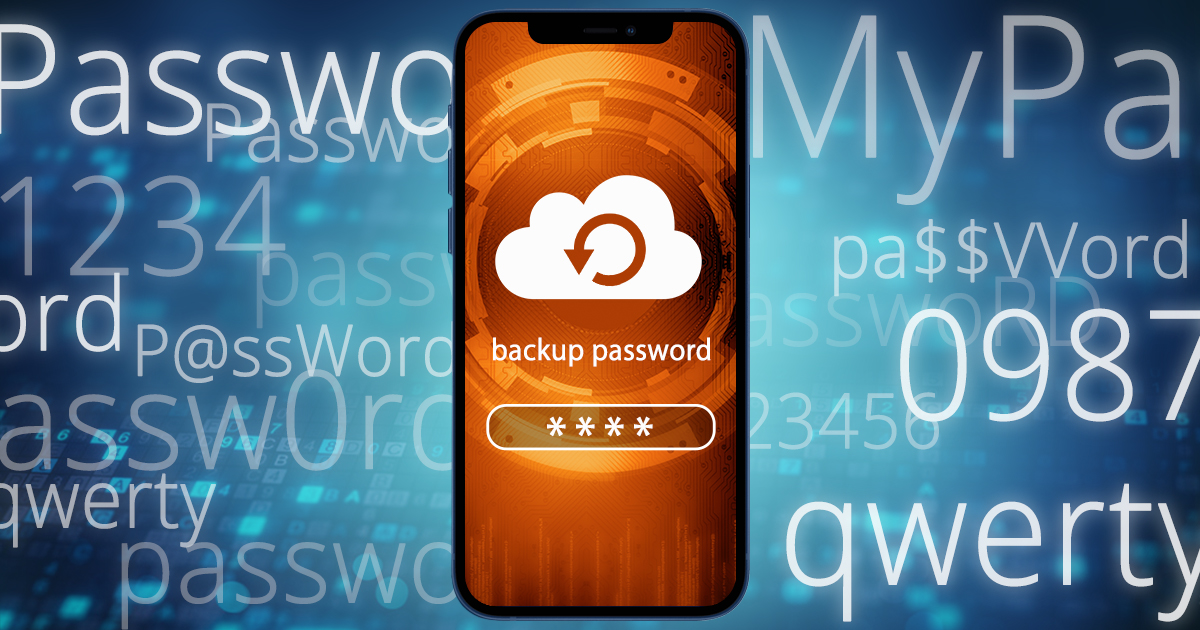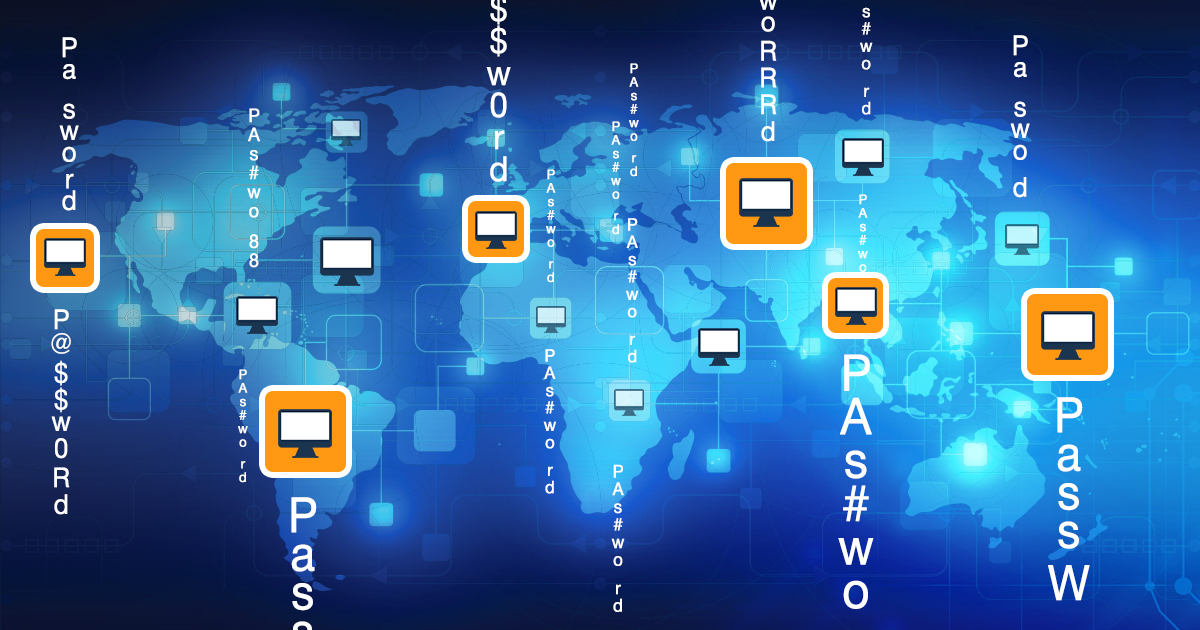In each major Android update, Google improves security on the one hand, and moves a few more things to the cloud on the other. The recently finalized and finally released Android 8.0 Oreo adds one important thing to all devices running the newest build of Google’s OS: the ability to back up SMS text messages into the user’s Google Account.
There are three major mobile operating systems, and three major cloud services. Most Android users are deep into the Google’s ecosystem. iCloud is an essential part of iOS, while cloud services provided by Microsoft under the OneDrive umbrella are used not only by the few Windows Phone and Windows 10 Mobile customers but by users of other mobile and desktop platforms.
As you may know, we have recently updated Elcomsoft Cloud Explorer, bumping the version number from 1.30 to 1.31. A very minor update? A bunch of unnamed bug fixes and performance improvements? Not really. Under the hood, the new release has major changes that will greatly affect usage experience. What exactly has changed and why, and what are the forensic implications of these changes? Bear with us to find out.
Even before we released Elcomsoft Cloud Explorer, you’ve been able to download users’ location data from Google. What you would get then was a JSON file containing timestamped geolocation coordinates. While this is an industry-standard open data format, it provides little insight on which places the user actually visits. A full JSON journal filled with location data hardly provides anything more than timestamped geographic coordinates. Even if you pin those coordinates to a map, you’ll still have to scrutinize the history to find out which place the user has actually gone to.
Google is pushing Android to make it a truly secure mobile OS. Mandatory encryption and secure boot make physical acquisition of new Android devices a dead end.
In today’s thoroughly connected world, everyone shares at least some of their personal information with, well, strangers. Voluntarily or not, people using personal computers or mobile devices have some of their information transmitted to, processed, stored and used by multiple online service providers.


